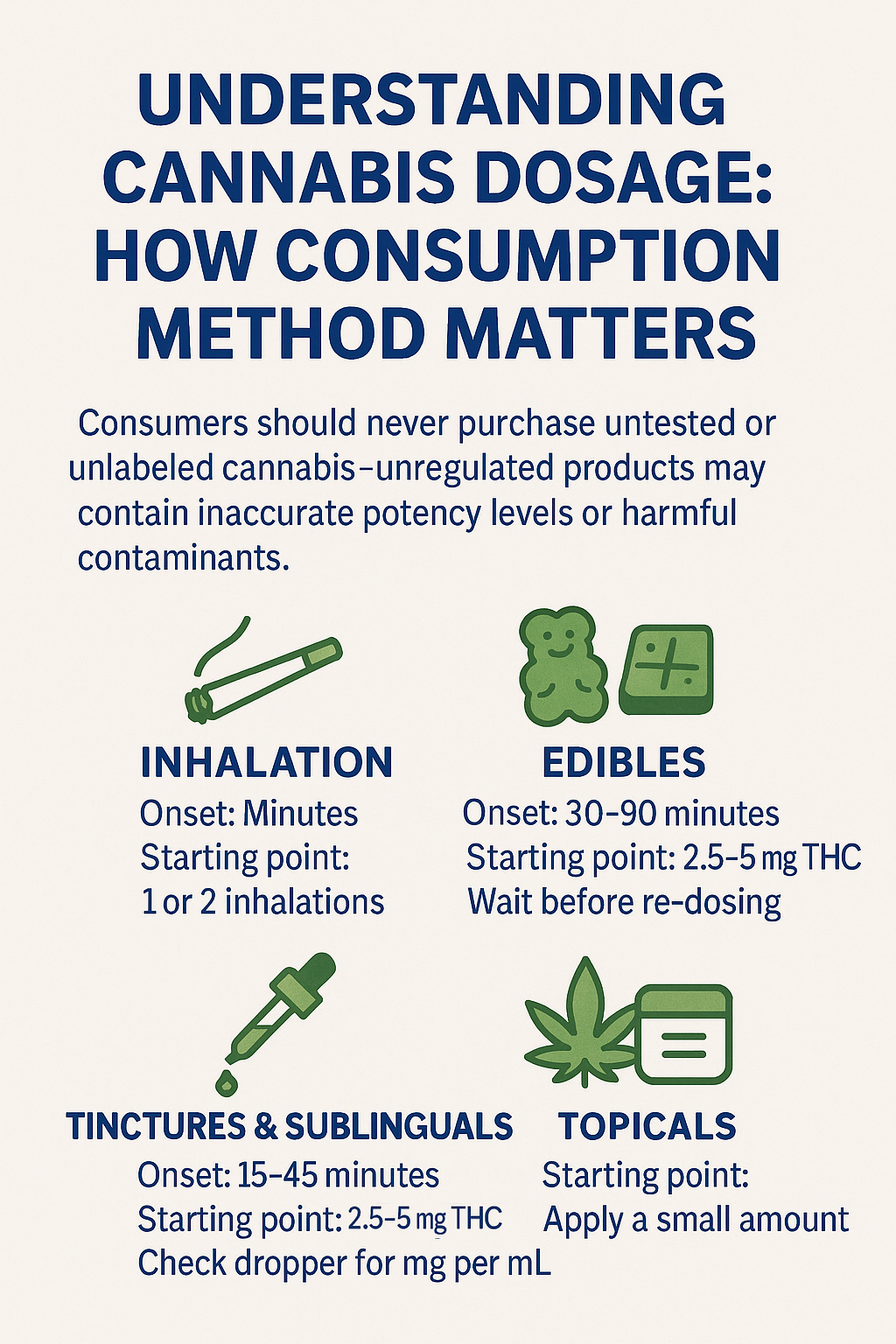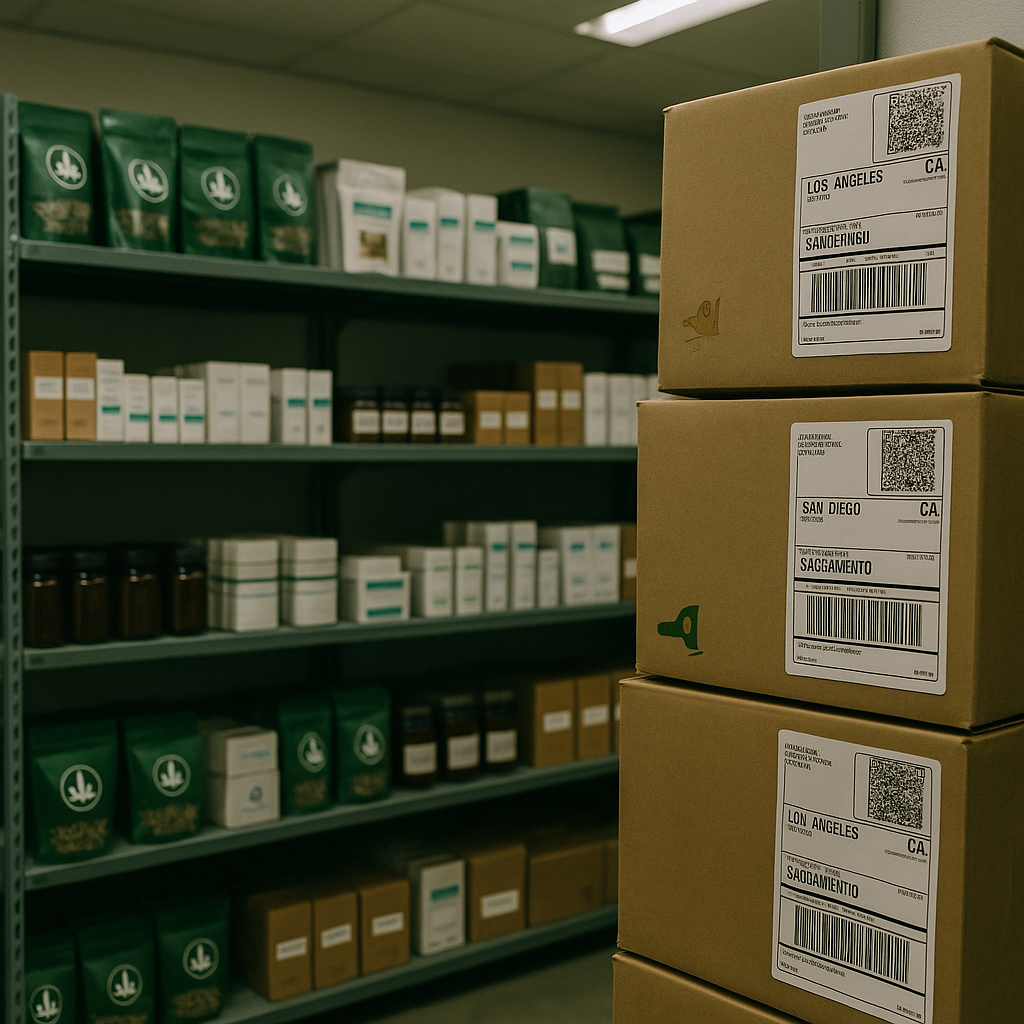Although recreational use of cannabis was legalized in New York in early 2021, businesses won’t be able to sell recreational cannabis for at least another year when permits start being issued.
While permits are expected to be issued starting in spring 2023, dispensaries may still not be able to open right away, but they will be allowed to legally operate.
When the state cannabis licensing authorities start to issue out these permits, they will also be responsible for processing them as well as suspending or revoking a dispensary’s license to sell.
As for what recreational cannabis cultivation and sales will look like in New York after next year, some may look to California for insight since they were the first state to authorize medical marijuana, eventually decriminalizing recreational-use cannabis. In 2020, sales hit almost $4.4 billion after regulating the entire seed to sale process within the cannabis industry.
As expected, New York will likely follow suit, controlling and regulating every part of the cannabis process.
What is “seed to sale”?
“Seed to sale” is the entire process from when cannabis is initially planted until the final stage where the final product, raw flower or otherwise, makes it to store shelves to be sold to customers.
Tracking this data is important, as there are certain rules to follow to help with government and state regulations, taxes, and maintaining legality throughout the entire process from seed to sale.
The Seed to Sale Cycle
Seed/Grow
This is the first stage of the sales cycle. It starts off with the initial planting of cannabis and the care required to grow and prepare the plants for the next stage.
This management done to help cannabis grow properly involves controlling a specific climate suited for cannabis growth, including specific humidity levels, airflow, temperature, and light exposure. These environmental conditions need to be carefully regulated and maintained to ensure proper growth.
Cultivation
This stage details the process after the plant is ready to harvest. Once the plant is harvested, it must be trimmed, dried, and then cured to be at the highest quality for sale.
During the cultivation process, some pesticides may be harmful to the environment or the eventual cannabis users. One of the regulations in this stage is to use state-approved pesticides to ensure the safety and satisfaction of customers. Any pesticides or fertilizers used must be recorded to ensure customer safety as well as keep business owners compliant with state or government regulations.
When cannabis is cultivated, some companies may extract various terpenes and cannabinoids for other products such as extracts like oil, wax, shatter, and many others.
With every step of this seed to sale process, data from every stage must be recorded in detail such as the different cannabis strains grown by the farmers, product weight, and information about the destruction of plant waste.
Processing
Processing cannabis products involves a variety of steps before it’s ready to distribute. This could include testing, lab analysis, extractions, conversions, or packaging.
Testing and lab analysis is done to ensure consumer safety with packaging and labelling requirements to follow for each cannabis product.
Testing can happen several times throughout the entire process to avoid any contaminants as well as to test for potency. This can happen after cultivation or after a product has been made using elements of the plant like extracts.
In New York, testing will most likely be required legally to ensure that any cannabis products produced are free of contaminants or impurities like heavy metals, harmful pesticides, or fungi.
Once products have been lab tested, they’re ready to be packaged and distributed.
Distribution
For legal reasons, cannabis processors, cultivators, and distributors must work directly with licensed recreational stores, dispensaries, and other retailers—never consumers. Cannabis products can only be distributed and sold to businesses with recreational cannabis permits or licenses; otherwise, legal action will take place.
Sale
When it comes to the final stage of this process, a retailer or dispensary will at last have cannabis products on their shelves ready to sell to adults over the age of 21.
These consumers will be able to find and purchase these items for personal use or consumption, which will most likely be taxed. By taxing commercial growth and retail sales of cannabis, this will bring more income to New York.
Software to Track Data from Seed to Sale
Tracking the entire process from seed to sale can be tedious and time-consuming.
A modern solution for this is seed to sale software that cannabis cultivators, processors, and distributors can use to automate this process or at least make it easier and more efficient. These software systems can monitor every step of the production process while staying compliant with state and government regulations, tracking any necessary or relevant data.
While New York still has to issue out recreational cannabis permits, it is important for cultivators, processors, and distributors to properly understand the seed to sale process now to stay ahead of the game in the state’s cannabis industry.

NYS Cannabis Connect Staff
All of the recent cannabis news and resources, all in one place.




Related News
Inversion: The Hidden Threat Undermining New York’s Legal Cannabis Economy
Oct 30, 2025
What is the True Party of Interest Rule of New York's Cannabis Industry?
Nov 17, 2023
What the Cannabis Industry Can Learn From the Wine Industry
Mar 31, 2023